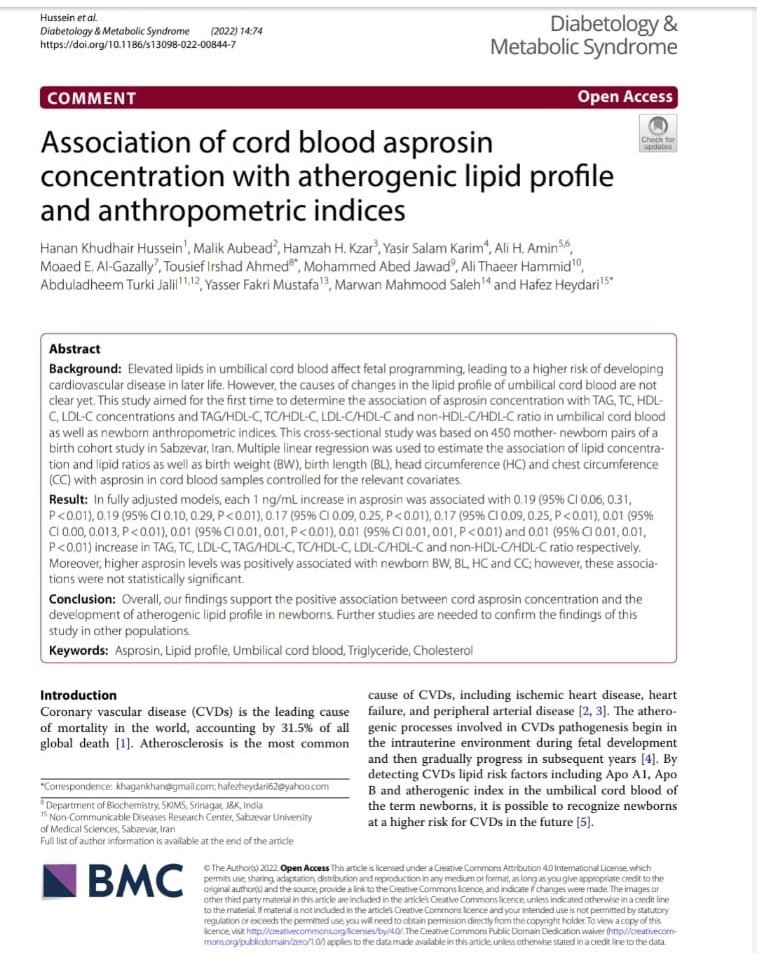
The difference between scientific language and literary language
The difference between scientific language and literary language
Doctor Teacher. Suzan Abdul Wahed Abdul-Jabbar
College of Applied Sciences – Heat
The most famous definition of language popularized in the Middle Ages, and scholars still repeat it until now, is that language is the sounds in which every people expresses their thoughts. Scientists have divided language into two main styles: the scientific style, and the literary style, as long as language is the words in which ideas are expressed. Therefore, the essential difference between the scientific language and the literary language is the subject of the hadith and the idea. Some ideas require from researchers a special work and a specific method, and this is known as the scientific language, in which the researcher follows the following steps:
• Choosing the ideas that he wants to explain for their scientific value
• To arrange the ideas in a logical order, so that this leads to their understanding, good coordination and connection in the mind.
• To choose clear linguistic vocabulary appropriate to the scientific idea in order to reveal the facts, values ??and scientific ideas in itself. The scientific language is the subject of mental facts and its general appearance is a declarative style that clarifies the reality and is supported by evidence, mental, experimental or transfer laws, and proofs.
• That the scientific language may sometimes use some of the characteristics of the literary language such as metaphor and simile, but its meaning remains mentally indicating dry facts that address the mind, and emotion does not have the slightest share in it.
• Words in the scientific language must indicate their idiomatic, technical, or positivistic meanings; For this reason, the logician stipulated that scientific words be stripped of the meanings of the metaphor and that they be preserved on their man-made meanings, because the use of the metaphor in them leads to confusion in the conclusion.
• Repetition is not praiseworthy in the scientific language, while it presents an important function in the literary language if a graphic necessity calls for it. His example in the Qur’anic expression is to compare the hypocrites with (a man who kindled a fire) once, then liken them after that to (the one who pours from the sky in which there is darkness, thunder and lightning). And likening the actions of the infidels to (a mirage the thirsty reckons as water) once, then likening them after that to (darkness in a deep sea).
Either literary language, like scientific language, has ideas and has words that carry those ideas, and the difference between them lies in the type of idea that each of them performs. In front of it are emotional experiences and values ??whose goal is aesthetic enjoyment and tasteful persuasion. As for the scientific language, its goal is mental persuasion with the conclusions it derives from the results supported by evidence. The expressions in the scientific language are precise and specific, with no suggestion or generalization. Allegorical, simile or metaphorical connotations. Just as the experiment in the scientific language is a means to a greater end than it eventually becomes a rule or a law. Sayyid Qutb says: Experience after formulating the rule has no value except in terms of a (historical) aspect of the development of science. The experience in the literary language is the same goal.
And since ideas determine the type of language, ask a question whose content is: Is it possible to think without language? Can a person conduct an algebraic equation, or a physical experiment without language? Or is language necessary in every thought process? To answer this question, I say: Linguistic expression is the highest type of expression, and the clearest one in denoting what is meant. Language is necessary in every useful thought process, and man thinks with the help of vocabulary because it is the shadow of meanings. As for thinking without language, it is possible if we replace the language with other symbols that replace it in the semantics, and if this is the case, these symbols become an alternative language and thus the result is that language is necessary in every thinking Thinking is an action, and every action has a subject, a field, and the subject matter of thinking is only achieved by means of units denoting its parts, which are the linguistic vocabulary. Hence, the importance of language in thinking appears, as it is a means of formation and transmission. I say that language is an important factor in the development of intelligence and its unity, as long as language is the tool in thinking. A person’s linguistic ability is directly proportional to his intelligence abilities, so the greater his linguistic ability, the higher his intelligence level. On it and through it thinking and achievement, and thus we call such people that they are intelligent thinkers or researchers.
Keywords: scientific style, linguistic style, semantics, figurative connotations, shades of meaning.

